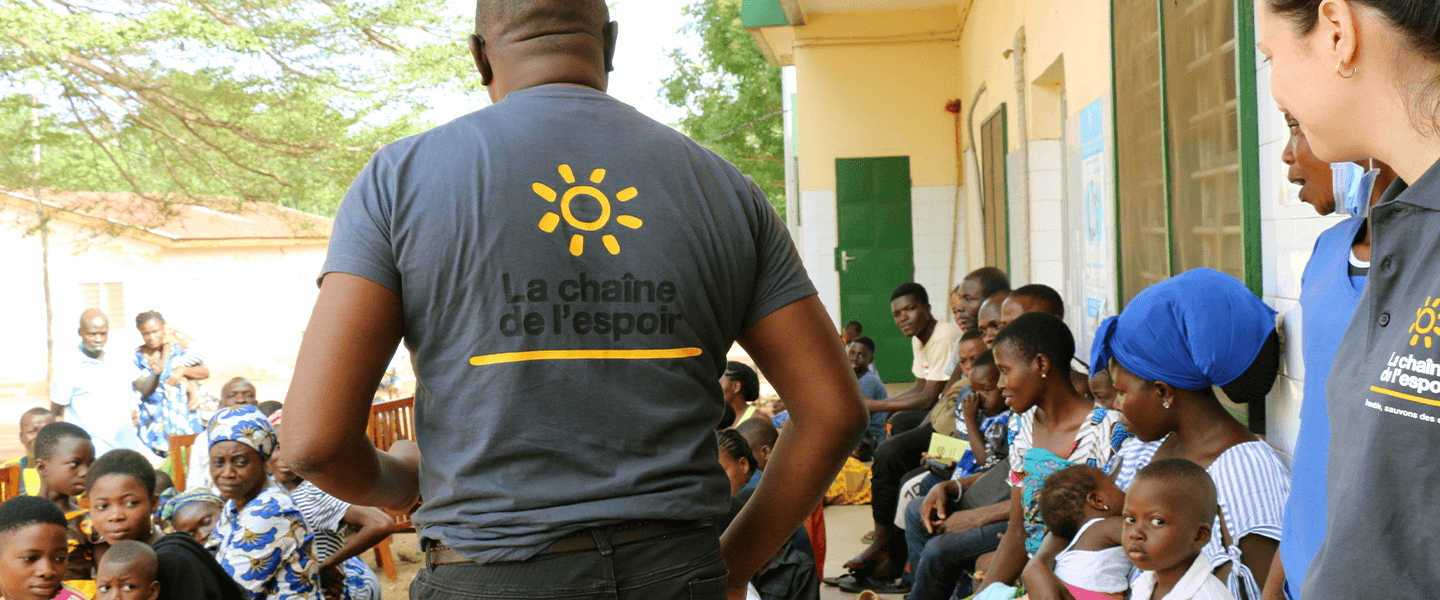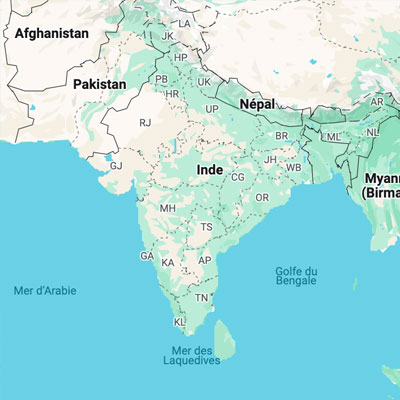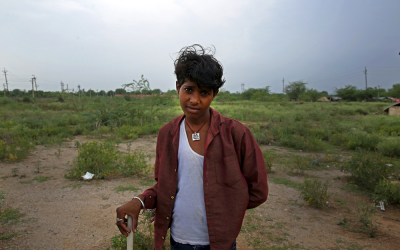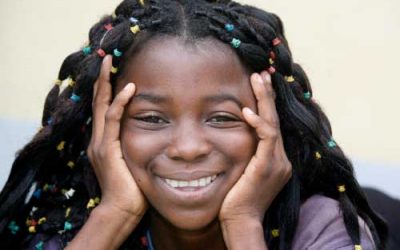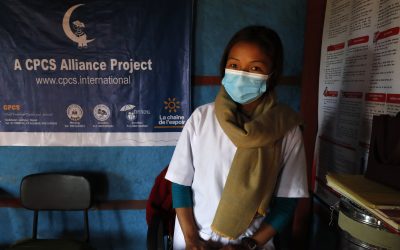India
Background
Fragility hits young people hardest
1.428 billion inhabitants
in India, making it the world’s most populous country as of 2023.
A quarter of India’s population
lives in shantytowns.
48% of the population
is under 21: India is one of the youngest countries on the planet.
Source: UN (figures for 2023), World Bank (figures for 2020, 2014), Ifri (figures for 2022)
India is economically very dynamic. But its galloping demographics are leading to an explosion in its urban population, which is finding it increasingly difficult to access essential infrastructures, particularly healthcare. Public hospitals, which offer virtually free care, are often overcrowded and unable to meet all needs.
In addition, profound inequalities persist in India: between the different strata of society (due to the caste system still in place) and between the cities and the very poor rural areas, which are highly exposed to climate change (drought, floods…).
Shanty towns, home to the poorest populations or those who have fled rural areas, are a symbol of these fragilities. Children are at the forefront of all forms of vulnerability – especially young girls, who are exposed to violence and denied access to education and healthcare.
It is against this backdrop that La Chaîne de l’Espoir has been working for over ten years in Rajasthan, one of India‘s poorest regions, with its trusted partner, the Taabar association.
Our humanitarian action for children in India
Health care and education for slum children
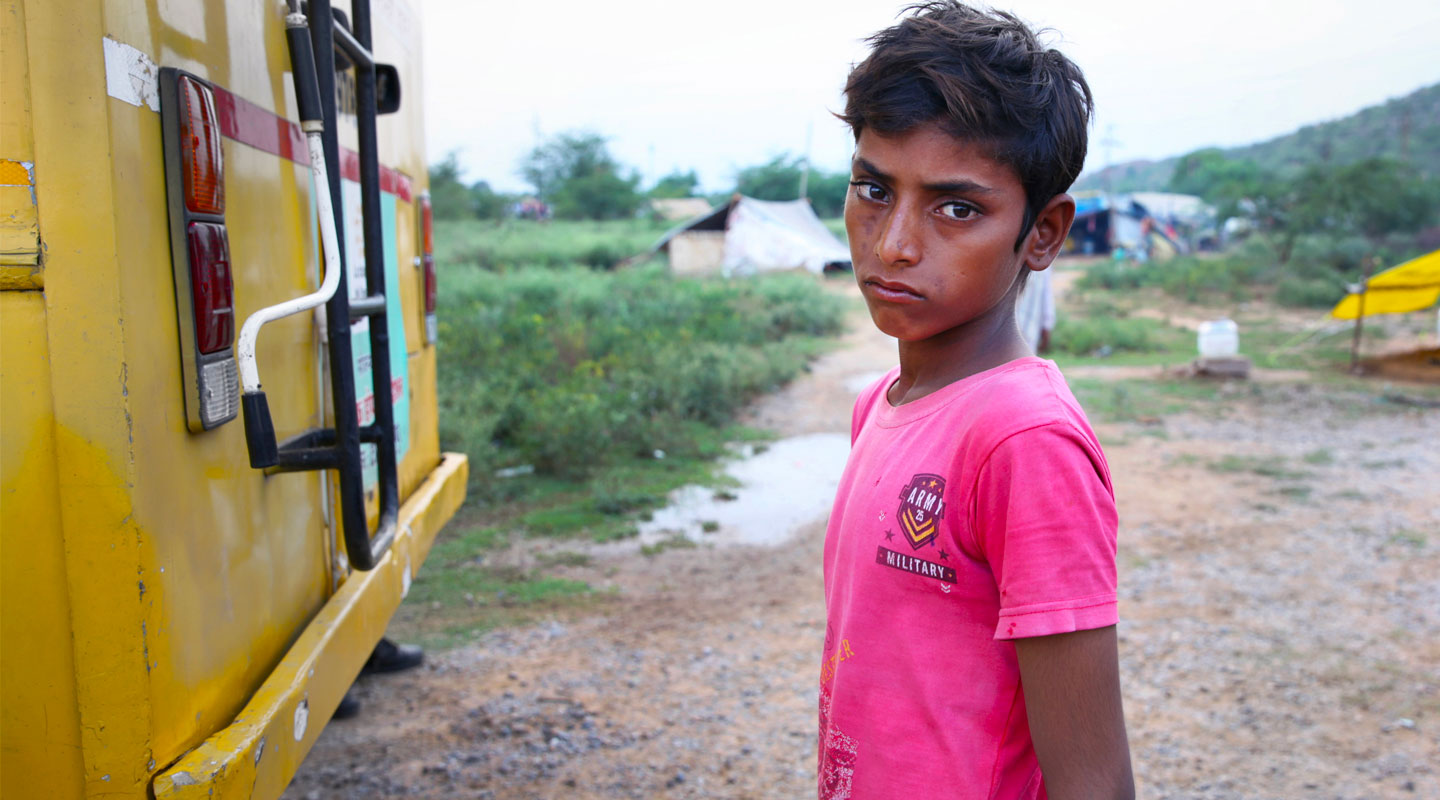
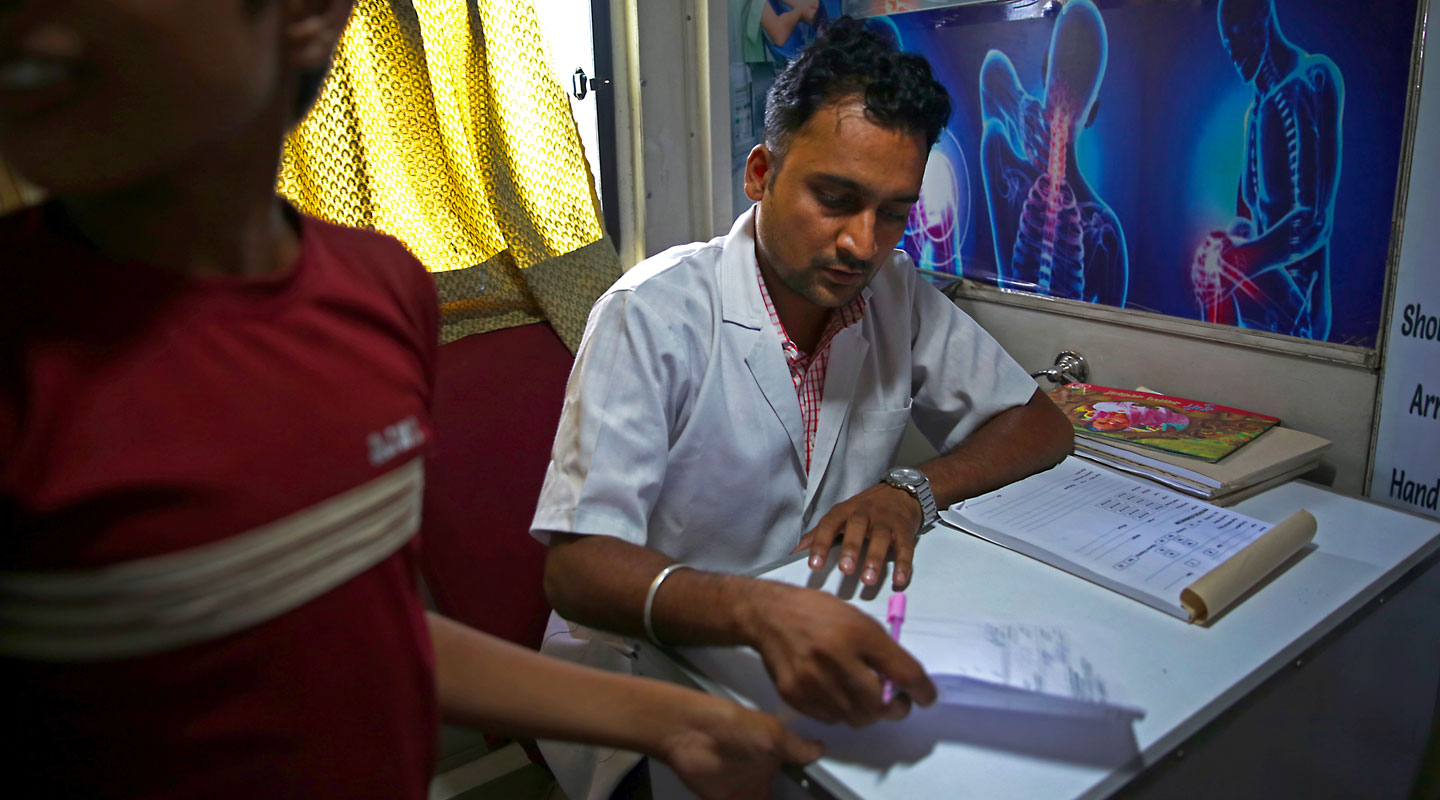
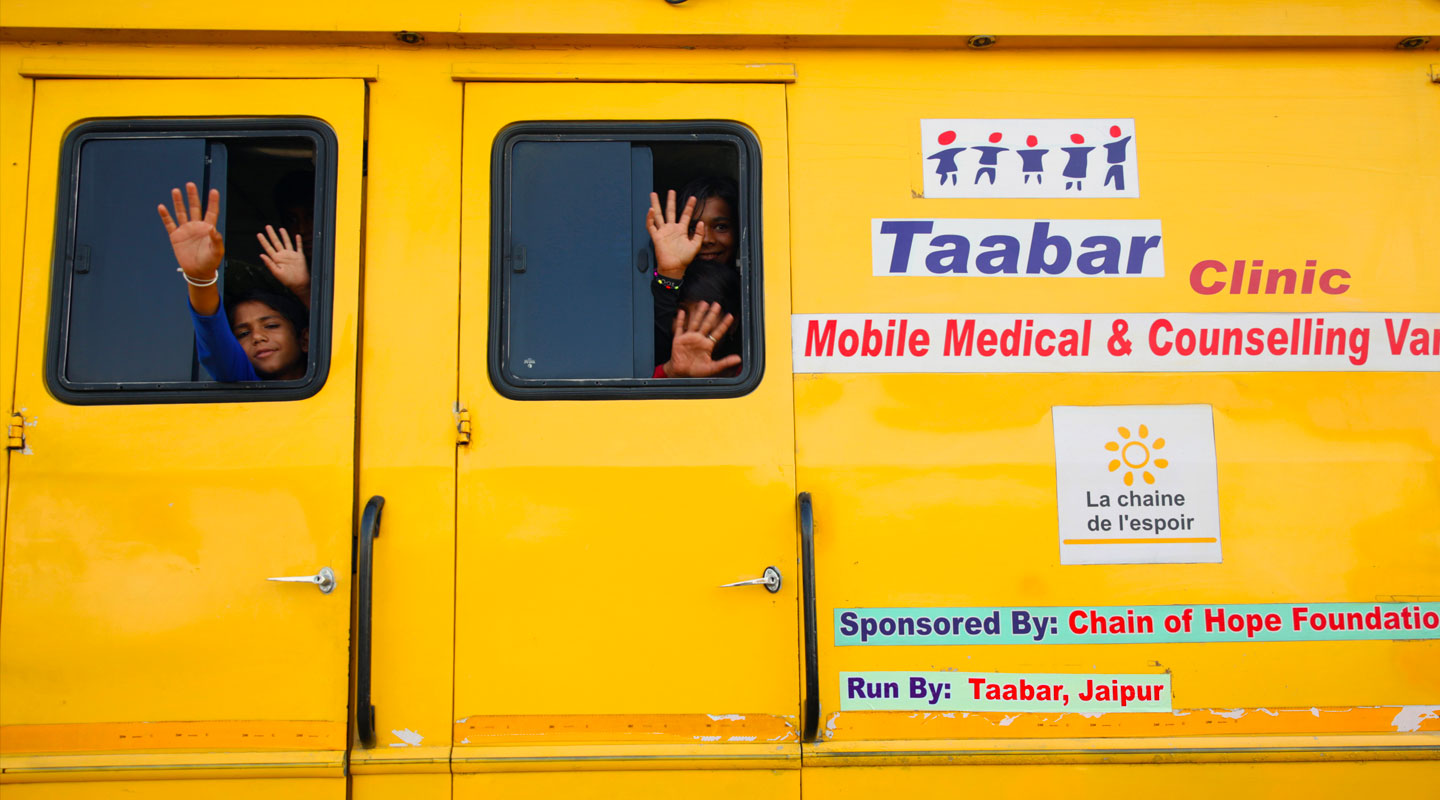
In India’s slums, overcrowding increases the risk of infectious diseases, while access to water and sanitation facilities is extremely complicated. In order to receive treatment at free public hospitals or community health centers, families sometimes have to travel several hundred kilometers. Some end up abandoning their treatment or following the prescriptions of traditional healers. In the absence of appropriate treatment, benign infections or illnesses can degenerate and become very serious.
Faced with this situation, alongside the Tabaar association, we are criss-crossing the slums of Jaipur, India, with two mobile clinics. The first is dedicated to medical care. In this truck, fitted out as a small hospital, families can come for consultations, receive medication or treatment, be monitored by nurses and be seen by a social worker.
“My son had been suffering since birth and I feared he would never recover. He was cared for and monitored by the mobile clinic on a daily basis for several weeks before, during and after the operation. Today, he is in good health. I’m infinitely grateful for the help I received.”
Mother of Raghuveer, a 15-year-old from the slums of Jaipur, who was treated for an infected boil and an untreated hip fracture.
This mobile clinic also provided an emergency response to the Covid-19 epidemic that hit Rajasthan hard in the spring of 2021. During this period, we were able to provide meals and basic healthcare to 900 Indian families in the city’s five slums.
Tabaar, a partner committed to protecting children
“Taabar” means “child” in the Rajasthani language, Marwari. This name perfectly symbolizes the commitment between this association, founded in 2007, and La Chaîne de l’Espoir. For over ten years, we’ve been working together towards the same goal: to enable children in the poorest districts of Jaipur, India, to grow up in a healthier, more protective environment.
In recognition of her work in the field, Taabar was awarded a certificate of recognition and appreciation for her work by the Indian authorities , in the “Best Social Work” category in the field of child protection.
Active since 2021 and specialized in gynecology, the second mobile clinic caters specifically for women and young girls. Financial constraints, gender inequality, ignorance and cultural prejudice are all obstacles to their access to care.
Thanks to this mobile clinic, awareness-raising sessions are organized to free up discussion on subjects such as the menstrual cycle, white discharge, hygiene, breast cancer prevention… Young girls can also consult individually to share their problems in private and obtain gynecological care. Menstrual hygiene kits are also distributed free of charge.
By 2023, more than 10,000 girls had been seen in this mobile clinic in India.
Find out more about these two mobile clinics

Vincent Perrotte, volunteer advisor for the India and Nepal programs
Reaching out to people in isolated communities
India’s rural areas are also hard hit by poverty. Access to healthcare and health education is also very difficult. That’s why , through our humanitarian mission with Taabar, we are working with three isolated communities (Sanpero Ki Dhani, Bagariya Basti and Banjara Basti). In these remote villages, some 40 kilometers from Jaipur, living conditions are extremely difficult, with no drinking water infrastructure. To contribute to their development, we provide comprehensive health assistance in India – meals, distribution of hygiene kits and clothing, access to water – as well as access to regular medical care through our mobile clinics. We also support the schooling of 200 children in the area, thanks to courses given by two teachers.
Our partners
They support our humanitarian aid
in India

Photos: Cheena Kapoor, La Chaîne de l’Espoir

